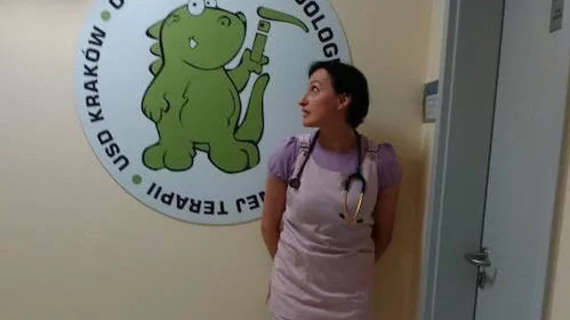War in Ukraine: Doctor from pediatric cardiology clinic shot dead
Marina Kalabina, an anesthesiologist with the Center for Pediatric Cardiology and Cardiac Surgery in Kyiv, Ukraine, has reportedly been killed by Russian soldiers during the ongoing war in Ukraine.
Viktor Liashko, Ukraine’s Minister of Healthcare, announced the news on Facebook.
According to Liashko, Kalabina was taking her wounded nephew to a hospital when a bullet struck the car she was in.
“Today, Russian terrorists took the life of a doctor,” Liashko said.
Liashko is also a doctor, with experience working in Ukraine’s sanitation department and serving as the country’s Chief Sanitary Doctor. He also served as the Deputy Minister of Healthcare in Ukraine during the early stages of the COVID-19 pandemic.
In his statement, he said he has appealed directly to Russian doctors, asking them to condemn the war.
According to a recent update from the United Nations Office of the High Commissioner for Human Rights, at least 136 civilians have been killed so far during the war in Ukraine. The number is believed to be much higher; this is just the number of civilians that has been confirmed by the United Nations.
Related Russian war in Ukraine content:
Cardiac hospitals still treating patients as war in Ukraine continues
U.S. government, American Hospital Association warn of potential Russian cyber attacks
Radiology leaders speak out in support of Ukraine
Cardiologists across the world share support for Ukraine as violent war continues

